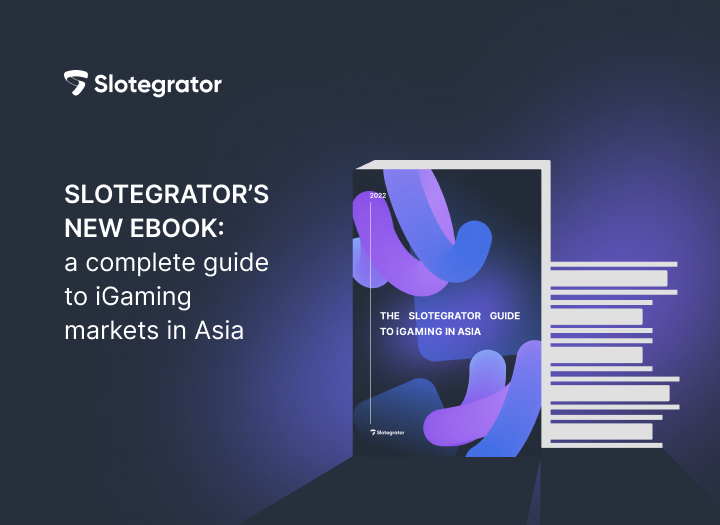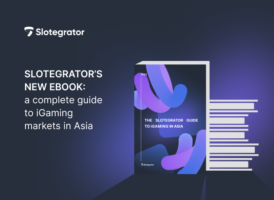Slotegrator has developed an online guide to the Asian gambling market

The Slotegrator Guide to iGaming in Asia ebook collects game preferences in 22 different countries across Asia.
Press release.- The Asian gambling market is highly saturated and very complex. The Slotegrator Guide to iGaming in Asia, a new ebook, covers 22 Asian countries, including regulation, yearly turnover, analytical forecasts, payment methods, favourite games, and more.
Gambling is woven into the fabric of many Asian cultures, so there’s no surprise that the continent is home to a variety of massive iGaming markets, including longstanding giants and up-and-comers.
Asia is home to 60 per cent of the world’s population (and therefore a high proportion of its gamblers and sports bettors), different levels of gambling regulation, and diverse cultures and economies, meaning operators need an appreciation for the nuances of the region’s gambling markets. This is what motivated Slotegrator, a leading software developer and aggregator, to release an ebook focused on Asian markets.
The Slotegrator Guide to iGaming in Asia provides important statistics and background information on each country, highlighting cultural and economic characteristics, describing regulations, and giving key facts about the market, including local gaming and betting preferences and popular payment methods. The ebook covers 22 different countries, including China, Japan, Indonesia, Malaysia, Turkey, Georgia, Iraq, Kazakhstan, and more.
See also: The secrets of success in the igaming industry from Slotegrator and OneTouch
The guide also covers how to localize your sports betting data feed for Indonesian players, why Bitcoin casinos are popular in Georgia, why Armenia’s market has tripled in size since 2018, and why Vietnam has launched a pilot program to test the potential of regulated gambling.
While some things are popular everywhere (e.g. betting on football), casino games and sports betting preferences vary from country to country. The ebook collects game preferences in countries across Asia, including which sports are popular in India, Japan, and Kazakhstan, which players like poker rooms and which prefer live dealer dragon tiger, and where players bet on dominoes and mahjong.
One important theme throughout the online guide is the importance of cryptocurrencies, especially in countries where gambling is strictly limited or even forbidden. Many players use cryptocurrencies to make deposits and withdrawals in casinos and even look for platforms that accept their chosen coin — cryptocurrency holders tend to be loyal to their chosen currency, so it pays for operators to know which ones to support.
This guide is ideal for aspiring entrepreneurs looking to enter the Asian market, land-based casino operators planning to open an online destination, investors with an eye on the iGaming space, and anyone interested in gambling and sports betting in Asia.











